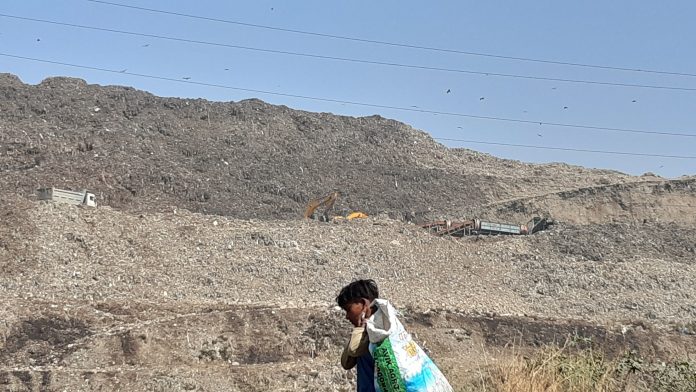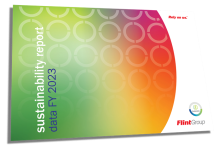
Sanitation and waste management is a humongous issue in India where cleanliness is a major problem. The ambitious Swachh Bharat campaign is mostly limited to a mere photo-op for netas and citizens alike – with the exception being civil society organizations attempting to engage municipalities and waste collectors. Lack of enforcement is partly to blame but, perhaps, it has become a habit for citizens to blame the system. Although enraged when we Indians are mocked for our lack of cleanliness, few are willing to take that extra step to make the country clean.
To be fair, one right step in that direction would be the draft Solid Waste Management (SWM) rules 2024, which the Union ministry of environment, forest and climate introduced in December 2024 for public feedback within 60 days. The new draft comes eight years after the existing regime came into effect in 2016.
Major changes and reforms are suggested in the draft, such as minimizing waste at source, four-way segregation, responsible management of biodegradable and non-biodegradable waste by bulk waste generators, incentives for recycling, certification procedures, environmental penalties for waste mismanagement, strict monitoring and registration on a central web portal.
There is a thrust on bulk waste generators through a certification mechanism along the lines of the EPR rules in the plastic waste management guidelines, as amended in February 2022. All bulk waste generators and waste management service producers will have to register on a central portal. While existing and coming EPR schemes promote the ‘polluters pay’ principle, the proposed SWM rules put the onus on consumers to encourage waste minimization.
In the proposed revision, the duties of waste generators begin with waste minimization, a big shift, whereas in 2016, it began with source segregation. A four-way segregation at source and storage – wet, dry, sanitary and special care waste (domestic hazardous waste) – is suggested. The 2016 rules mandated three-way source segregation – bio-degradable, non-biodegradable and domestic hazardous waste.

A complete overhaul begins with the expanded definition of bulk waste generators from entities generating waste of more than 100 kg a day or occupying 5,000 square meters area or more, to include those consuming 5000 liters of water or more a day or occupying 20,000 square meters or more built-up area. The 100 kg a day limit stays.
Their duties, apart from four-way segregation, include processing biodegradable waste within their premises as far as possible and handing over recyclable material to authorized waste pickers or authorized recyclers. An environmental penalty is proposed on bulk waste generators for mismanaged waste, environmental damage, and lapses in reporting and registration.
The definition of material recovery facilities is expanded to include sorting biodegradable and compostable plastics and channelizing recyclables to authorized processors. Material recovery facilities have to register with local bodies and comply with Central Pollution Control Board standards.
Bulk waste generators have to obtain EBWGR (extended bulk waste generator responsibility certificates) for proper collection, transportation, and processing of dry, special care, and sanitary waste. Construction units must clean and manage construction waste, and public transport entities must prevent littering and manage waste at stations. Airports, malls, and stations must establish waste management systems as per rules.
Industries or industrial areas generating solid waste other than industrial waste will come under the same purview as bulk waste generators, though they are not defined as such. Among the concerns, according to experts at a recent webinar organized by Centre for Science and Environment is the omission of street vendors in the 2024 rules. Experts suggest that street vendors are considerable generators of waste in urban areas and should be categorized separately.
The lack of representation of waste pickers in committees, and consultations is another concern flagged by activists in the field although the ‘integration of waste pickers’ in state-level policy-making is welcomed. There are concerns about the transparency and reliability of EBWGR certificates among other issues.
Plastic rules amendment effective 1 July 2025
In other news, the ministry amended the Plastic Waste Management (Amendment) Rules (PWM) Rules, 2016, through a notification on 23 January 2023. Effective 1 July 2025, producers, importers, or brand owners must provide specific product details via a barcode, QR code on plastic packaging, which will be sent to the Central Pollution Control Board. Non-compliance will attract penalties.
In a major step to combat plastic pollution, Himachal Pradesh has banned the use of biodegradable and compostable plastics. The state government says the so-called biodegradable and compostable bags degrade only in controlled conditions and require sustained temperatures, which cannot be achieved in the state because of its climate. While it may seem to be a setback for the plastic alternatives industry, there is no denying that a lot of greenwashing is going on in the name of eco-friendly plastic alternatives.









